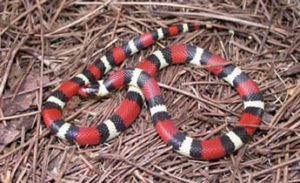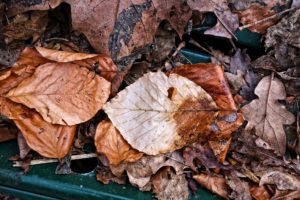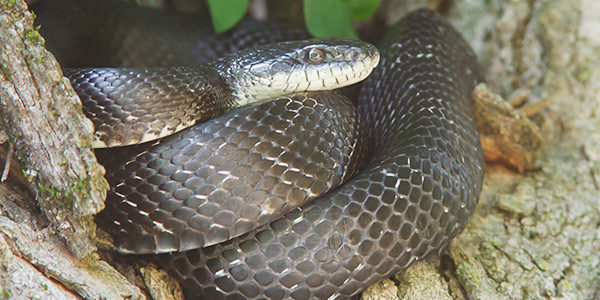Many people have issues with snakes, not only because of potential health risks, but because of the fear factor. These reptiles are villainized in Hollywood, and it gives them a bad reputation. Because of this, people tend to forget they are animals and not some terrible monster. It’s important to remember that snakes are living organisms and have basic needs just like any other animal. And like other animals, they will be found in places where the habitat is suitable for them.
A brief biology lesson
Snakes are cold-blooded. This means they cannot produce their own body heat and have to get heat from another source. During the winter, some of them will settle in underground voids and others will find their way into human residences. However, snakes may start to come out of hiding during an unusually warm winter period and certainly during the warm summer months to bask in the simmering heat. The heat creates energy to help them digest food and to keep their bodies going. These animals also have a notoriously slow metabolism and can go for months at a time without eating. Another unique characteristic of snakes is they shed their skin multiple times a year in a process known as “molting.” During this time, some snakes will be irritable and cranky, which result in more negative interactions with humans or pets.
Snakes in the South

In the south, most snakes you find will not be venomous, but there are still a few that are worrisome. Loyola University compiled a list of venomous snakes that can be found in the southeastern United States. Also included in this article are tips on how to avoid being bitten. Another useful list comes from the University of Georgia which contains approximately 40 species of snakes, venomous and nonvenomous, found in South Carolina and Georgia.
Why do you have snakes?
Snakes will only stay in places where they have access to food, shelter and water. They’re carnivores so you won’t find them munching on lettuce in your garden. Instead, you’ll find them eating pests like rodents, insects, and even other snakes! Shaun Moynihan, Gregory’s Mid-Atlantic District Manager, states, “Possible nesting areas like crawlspaces and storage areas could be possible harborage areas for these prey types of pests which act as a major food source for the snake population.” Because of this, it’s important to deter other pests from making your property their permanent residence. This can be done by “manipulating the environment” which means changing up your home and your yard’s habitat to help keep snakes off of your property.
Manipulating the ecosystem

There are several ways to make your yard unappealing to snakes, and it starts with understanding what this predator eats and where it could live. By making your yard less conducive to their prey, you will be able to deter a wide variety of pests, snakes included.
Remove brush, dead leaves and piles of branches
This ground cover provides places for mice, snakes, and insects to hide. Pests need places like this to protect themselves from the elements and also from predators. Maintaining a weed free zone around the foundation lessens the opportunity for an unwanted interaction with a snake. Habitat modification can also be used to provide suitable habitat for snakes and other animals in areas away from the home, so don’t forget to keep a balanced viewpoint about nature. Snakes can also be beneficial by removing pests like rodents.
Seal it up
Removing brush and clutter from your yard is a great first step, but pests will sneak into your home if they can’t find good places to hide elsewhere. Inspect your home and repair any cracks in the foundation, and fix broken or ripped window screens and damaged siding or shingles. These small holes are gateways for pests which is how they gain access into your home.
Prevent moisture buildup
Cockroaches and other pests love a humid crawlspace, and some snakes eat cockroaches and spiders. Ventilate your crawlspace and also fix any leaky faucets or pipes. Snakes need water to survive just like anything else, and moisture attracts other pests. By keeping moisture levels down, you are able to more effectively deter pests.
Contact your local pest control company for a thorough wildlife/pest inspection
Exterminators know a pest’s favorite places to hide and also their favorite foods. If you have cleaned up your yard, fixed any leaky faucets and sealed any cracks and crevices but are still having an issue with pests, a pest control technician can help you find other problem areas you may not have seen or thought about.
If you have been bitten by an unknown species of snake, contact medical personnel immediately.
Sources
Featured image courtesy of National Wildlife Federation.

